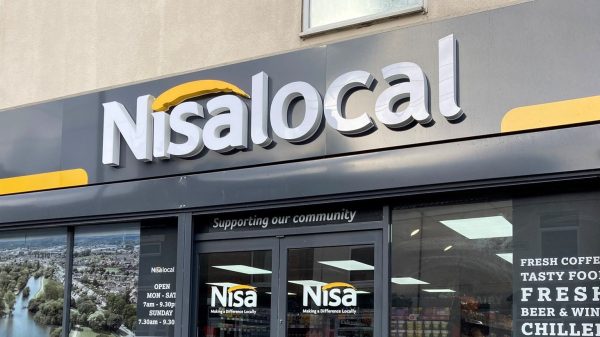Over half of Brits no longer see the benefits of discount supermarkets and are instead choosing to spread their weekly shop across multiple stores as inflation rises, a new survey has found.
According to national research from retail grocery experts Ubamarket, 52% of Brits state that although they started to shop at discount supermarkets to save money at the start of the cost-of-living crisis, they can no longer see the benefits of shopping at these stores alone and are instead shopping across multiple retailers more than they used to.
On top of that, new research from Kantar has found that the price of a grocery shop in the UK has increased by almost £650 compared to 12 months ago.
The data from Kantar also revealed that the German discounter took nearly £260 million in sales from other major retailers in that period, including more than £56 million in sales from Tesco as well as £12 million in sales from Lidl.
Grocery inflation has continued to hit new peaks amid the cost-of-living crisis, which soared to 11.6% according to retail trade association British Retail Consortium’s (BRC) NielsenIQ Shop Price Index.
However, Ubamarket’s report seems to indicate that although consumers started to shop at discounter supermarkets to save money at the start of the cost-of-living crisis, they can no longer see the benefits that they used to – further contradicting recent research from Kantar.
Even with the range of supermarket loyalty schemes on offer, Ubamarket say 64% of Brits state that these do not go far enough to alleviate their increasing food bills and inflation.
“At Ubamarket, we believe that it is the responsibility of retailers and grocery chains to help curb the impacts of inflation on consumers where possible,” CEO of Ubamarket, Will Broome, said.
He added: “Supermarket chains and suppliers rely on narrow profit margins, although most industries are affected by the rising rate of inflation, consumer goods and foods have felt a stronger impact.
“Suppliers will typically request small price increases, now we see suppliers requesting up to 10% increments to fight inflation, which is directly passed on to the consumer – at the end of the day it becomes a tug-of-war on profits and the burden lies with the consumer.
“We can expect to see food prices begin to fall in line with inflation, but this won’t happen until 2023 at the earliest.”











1 Comment. Leave new
This seems to contradict every other data source in the market
Aldi reporting 130,000 new shoppers a week & stealing from all supermarkets
Lidl beating Morrisons into #4 supermarket
Both continuing to grow share
Yes shoppers maybe visiting more stores to get the best deals, but 52% of UK population have started & stopped shopping in discounters . . . .doesn’t feel right to me!